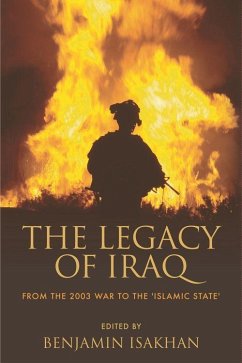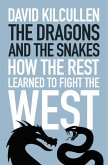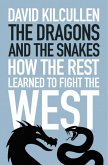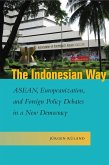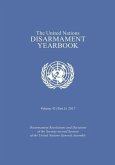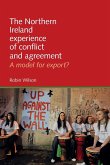A timely examination of the complex and difficult legacies of the Iraq war of 2003 and their critical relevance today In March 2003, a US-led 'Coalition of the Willing' launched a pre-emptive intervention against Iraq. The nine long years of military occupation that followed saw an ambitious project to turn Iraq into a liberal democracy, underpinned by free-market capitalism and constituted by a citizen body free to live in peace and prosperity. However, the Iraq war did not go to plan and the coalition were forced to withdraw all combat troops at the end of 2011, having failed to deliver on their promise of a democratic, peaceful and prosperous Iraq. The Legacy of Iraq seeks to not only reflect on this abject failure but to put forth the argument that key decisions and errors of judgment on the part of the coalition and the Iraqi political elite set in train a sequence of events that have had devastating consequences for Iraq, for the region and for the world. Today, as the nation faces perhaps its greatest challenge in the wake of the devastating advance of the Islamic State of Iraq and Syria (ISIS) and another US-led coalition undertakes renewed military action in Iraq, understanding the complex and difficult legacies of the 2003 war could not be more urgent. To ignore the legacies of the Iraq war and to deny their connection to contemporary events means that vital lessons will be ignored and the same mistakes will be made. Benjamin Isakhan is Australian Research Council Discovery (DECRA) Senior Research Fellow at the Centre for Citizenship and Globalisation, and Convenor of the Middle East Studies Forum at Deakin University, Australia. He is the author of Democracy in Iraq: History, Politics, Discourse (2012) and the editor of five books including The Edinburgh Companion to the History of Democracy (Edinburgh University Press, 2012).

